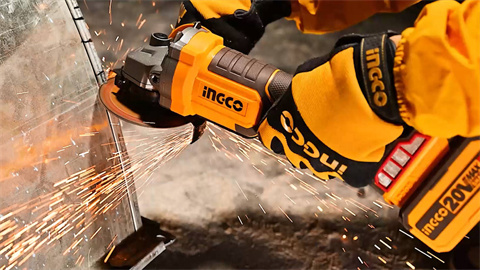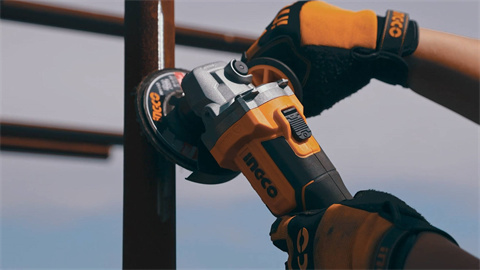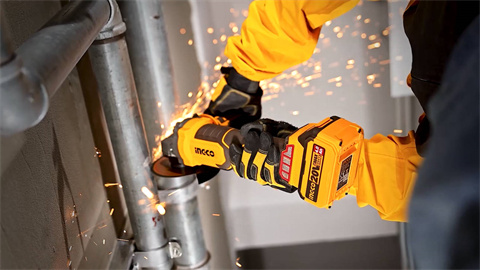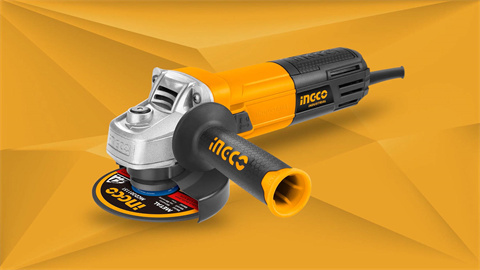What Are Power Tools: Types, Benefits, and Maintenance
You might hear the term "power tools" and you’re not quite sure what it means. If you're into construction, home repairs, or DIY projects, power tools are incredibly useful for you. They can make your work easier and more efficient.
If you're invested in learning what are power tools and how they can help you, don't worry—I’ll answer all your questions. I’ll cover the different types of power tools, their benefits, and how to maintain them. Keep reading to learn more and expand your tool knowledge!

What Are Power Tools?
Power tools are machines that use external power such as electricity, compressed air, or gas engines. They are commonly used in construction, manufacturing, and home improvement. Unlike hand tools that need human strength, power tools work faster and more accurately. These tools have helped industries, allowing complex projects to be done with less effort. They are great for drilling, cutting, sanding, and shaping materials.
Types of Power Tools
There are a variety of power tools available, and they are generally categorized by their power sources. Let's tackle each type in detail to understand their uses and features.
1. Electric Power Tools
If you’re asking, what is electric power tools and where they are used, here’s a simple answer. Electric power tools can be either corded, which means they plug into an outlet, or cordless, running on rechargeable batteries. Examples include electric drills, circular saws, jigsaws, sanders, and rotary tools.
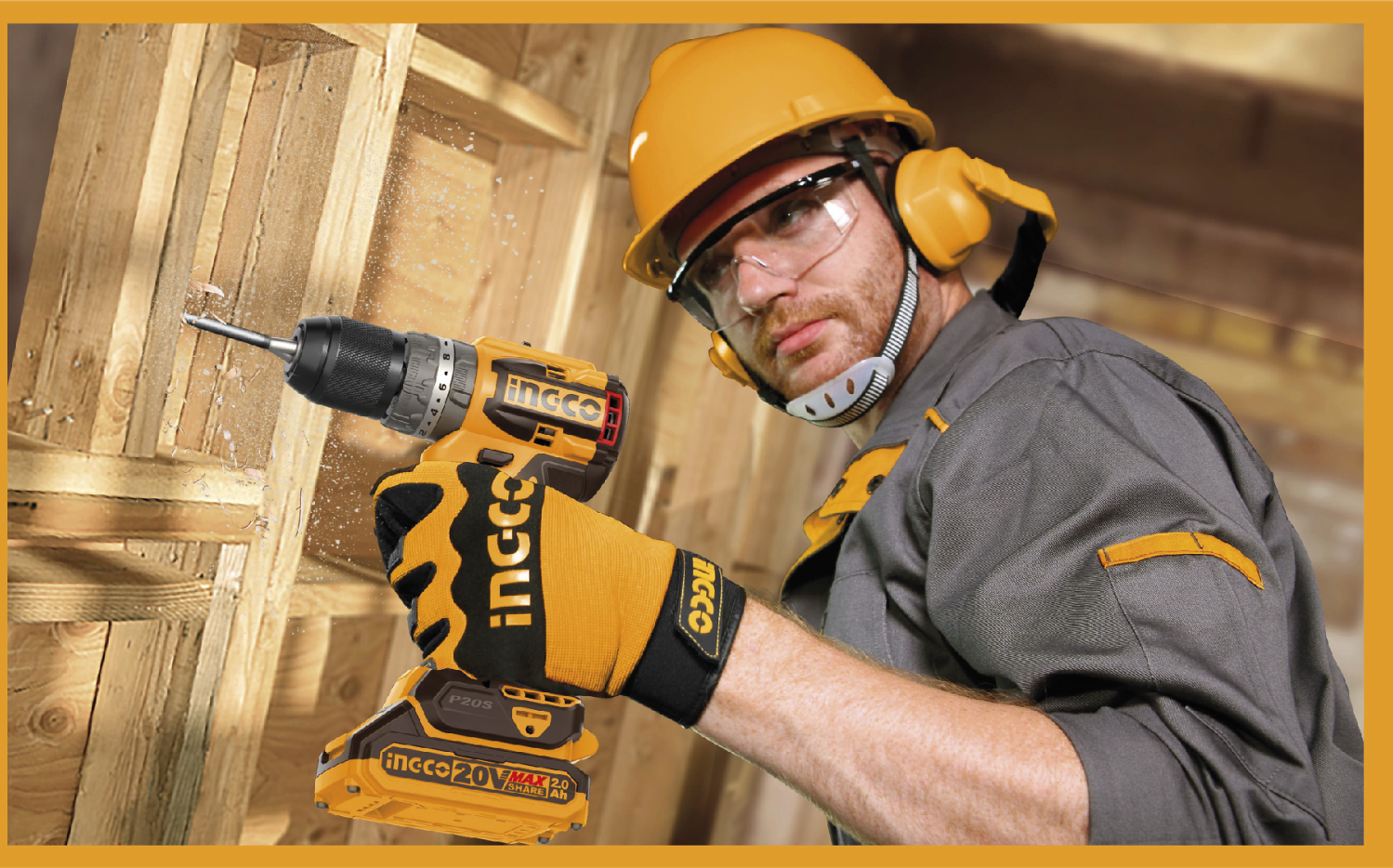
If you're considering buying electrical power tools but are unsure which to choose, it's a good idea to look for a brand that offers both cordless and corded options. For instance, INGCO provides a wide range of power tools and equipment. Their extensive selection of electrical power tools is known for both performance and durability. Opting for a brand like INGCO will make sure that you have a variety of high-quality choices to fit your needs.
2. Pneumatic Power Tools
If you're wondering, what are the portable power tools that are pneumatic, here’s a quick list of examples. They include nail guns, impact wrenches, air hammers, and spray guns. These tools are often more powerful and durable than electric tools, making them ideal for heavy-duty tasks.
Pneumatic tools can be bulky and loud since they need an air compressor to run. However, they are perfect for places like car repair shops, construction sites, and factories where continuous power is needed. They are also preferred in places where sparks from electric tools could be dangerous.
3. Corded Power Tools
Corded power tools are a subset of electric tools that get power directly from an outlet. These tools provide unlimited power as long as they are plugged in, making them last longer than cordless tools. People often use corded tools in workshops, on construction sites, and for jobs needing constant power.
These tools are especially good for high-energy tools like table saws, miter saws, and large drills. While corded tools give you continuous power, their cord length and need for a nearby outlet can limit your movement. Despite this, their strong and steady power makes them great for heavy-duty jobs or tasks that take a long time.
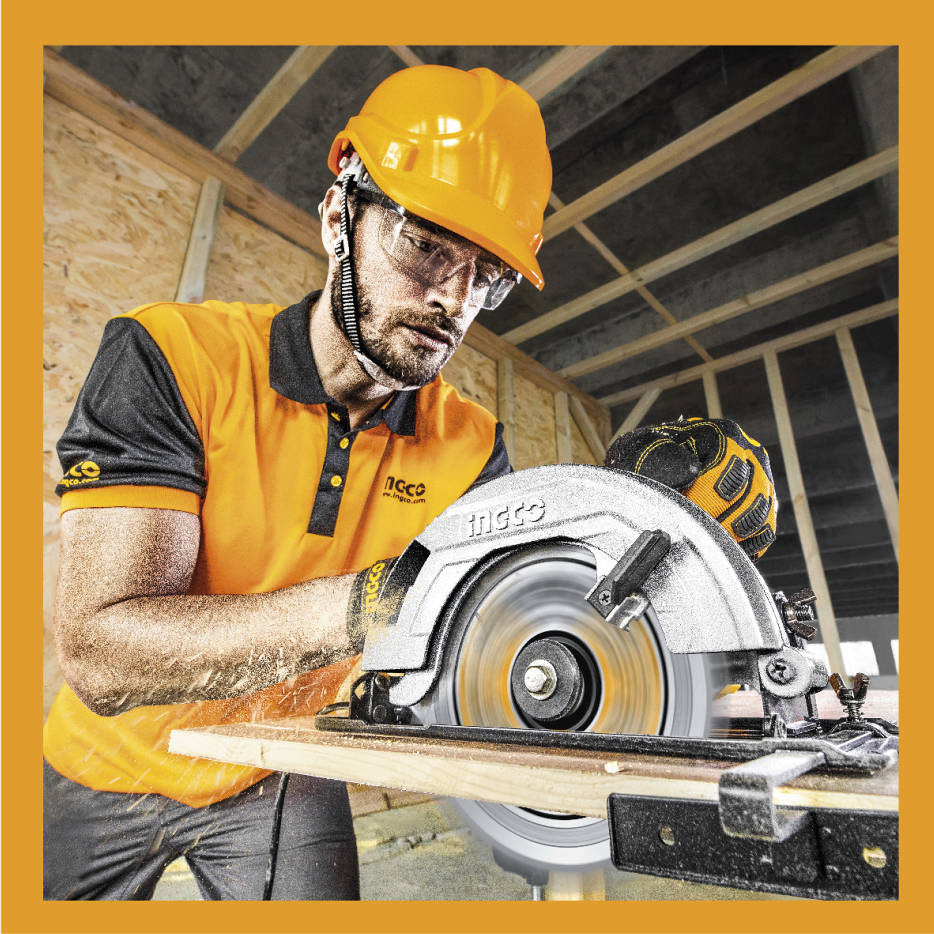
4. Gas Power Tools
Unlike electric or pneumatic tools, gas-powered tools don’t need electrical outlets or air compressors, so you can use them anywhere. However, they are usually louder, need more maintenance, and produce exhaust fumes. Gas-powered tools are also heavier than electric ones, which can make them tiring to use for long periods.
Pros and Cons of Power Tools
Power tools offer great benefits, but they also come with some drawbacks. Let's take a look at their pros and cons to understand their application better.
Pros:
- Power tools significantly reduce the time it takes to complete tasks compared to manual tools.
- Many power tools offer better accuracy, making sure cuts and drills are precise.
- Power tools can handle a wide range of tasks and materials from wood to metal.
- Most electric power tools allow you to easily transport them to different job sites or work areas.
- Using power tools can reduce the physical strain associated with manual labor, making them ideal for larger projects or when working for extended periods.
Cons:
- Power tools run at high speeds which increases the risk of accidents if not used carefully.
- Electric power tools need electricity or batteries so they don't work during power outages or in places without power.
How to Store Power Tools?
If you want to keep your power tools in good condition, I recommend storing them properly. Here are simple steps to keep your tools organized and in excellent condition.
- Before storing, clean each tool to remove dust, debris, and residual materials.
- Next, check each tool for damage like frayed cords or broken parts. Fix any problems before storing them to avoid issues later.
- Then, choose a dry, cool place for storage, away from moisture and extreme temperatures. A toolbox, cabinet, or pegboard works well for this.
- After selecting the spot, use toolboxes, shelves, or pegboards to organize your tools. Label compartments or use clear bins so you can easily find everything.
How to Clean Power Tools?
If you have no idea how to clean them, here is a simple guide to help you start:
- Start by gathering your supplies, including a soft cloth, brushes, mild soap, water, and a vacuum.
- Next, unplug your power tools to ensure safety.
- After disassembling, remove dust and debris using a soft brush or vacuum.
- Then, clean the exterior surfaces by dampening a cloth with mild soap and water. Wipe down the tool but avoid excessive moisture, especially around electrical components.
Conclusion
Learning what are power tools and their uses can be eye-opening, especially if you're accustomed to hand tools or manual labor. Each type of power tool is incredibly useful, but if you're new to using them, be sure to read the instruction manual carefully or look up helpful guides online. Also, whether you're a beginner or an experienced user, I always recommend using personal protective equipment (PPE) when operating power tools to make sure you are always safe when working.
FAQs
What scenarios are power tools suitable for?
Power tools are great for many different jobs, from fixing things around the house to big construction projects. They are perfect for tasks that need accuracy, speed, and strength. For instance, you can use them to drill holes, cut through materials, sand surfaces smoothly, and drive screws quickly.
What safety measures should be taken when using power tools?
Always put on safety goggles, gloves, and ear protection when using power tools. You must also keep your tools in good condition by maintaining them regularly. It’s also necessary to always read and follow the manufacturer's instructions to avoid accidents and injuries.

